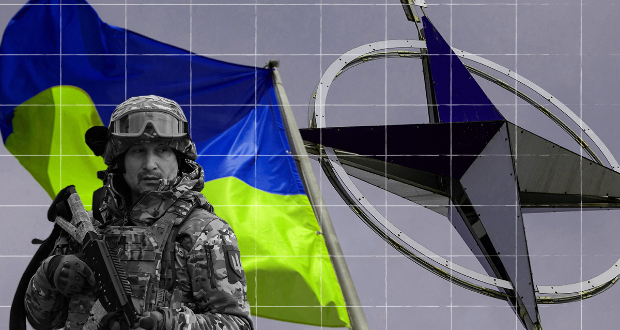One affected region is the Middle East, where long before the 2022 invasion, Moscow sought to restore its status as a regional power broker amid an escalating security competition with the US-led West.1 While Washington aims to “support and strengthen partnerships with [Middle Eastern] countries that subscribe to the rules-based international order,” Russia's ambitions have focused on preserving friendly authoritarian regimes and expanding military access.2 The effort President Vladimir Putin has put into developing relationships in the Middle East has paid off during the Ukraine war, with many of the region's states—even those enjoying US security guarantees—hedging or seeking to take advantage of the conflict instead of following American calls to isolate and punish Moscow for its violation of international law. The war that broke out in October 2023 following Hamas's assault on Israel further reduced the pressure from Washington and its allies to aid Ukraine, giving Middle Eastern governments more leeway to continue engaging Moscow on their own terms.
Though Middle Eastern ambivalence about the war in Ukraine stems from multiple sources, Russian influence in the region is a significant, if underappreciated, factor. Russia's presence has expanded substantially since the onset of the Arab Spring in 2011, especially since Russian intervention in the Syrian civil war four years later. Moscow has leveraged its ties with authoritarian regimes and regional dissatisfaction with the role played by the United States to become an important supplier of weapons, energy, and diplomatic support for states like Egypt, Israel, Saudi Arabia, Jordan, Turkey, and the United Arab Emirates. Like many others in the region, these countries see Moscow as an external balancer that can help them resist US pressure (particularly on domestic reform) and hedge against the possibility of a broader American pullback from the Middle East. They are also sympathetic to varying degrees to what Moscow calls “the democratization of international relations” and the establishment of an international order less centered on the West, which Moscow reiterated in blaming “the USA and its satellites” for the outbreak of the Israel-Hamas war,




